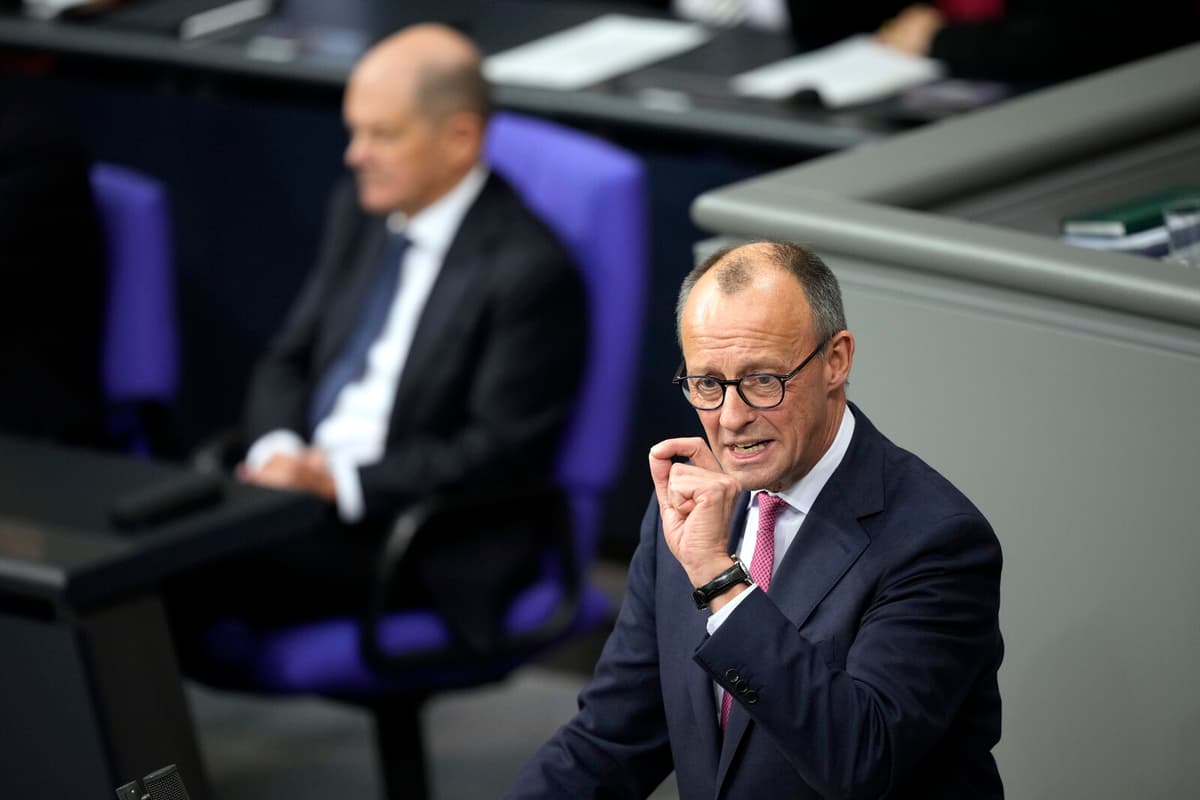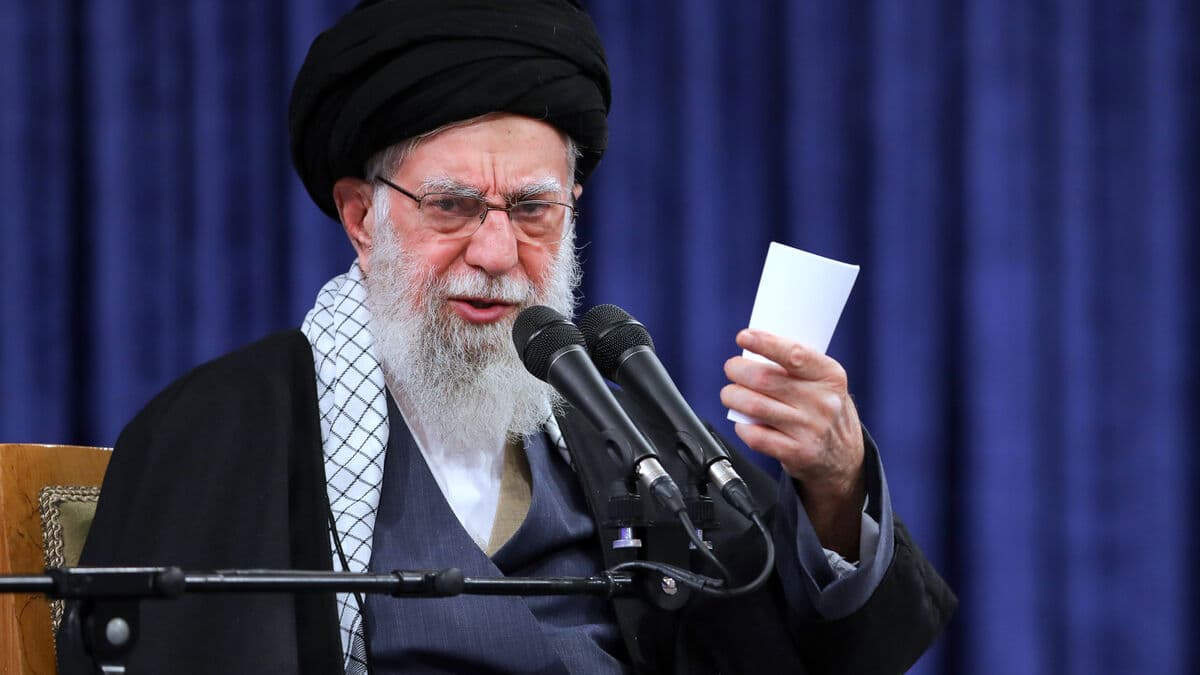The voting followed after an unusually heated debate in the federal parliament – where the tone is usually intense. But the informal cooperation between CDU leader Friedrich Merz and AFD sparked anger, as all parties had previously turned their backs on AFD in the German parliament through a so-called firewall.
What signal would our country send to Europe – and to Moscow? wondered Foreign Minister Annalena Baerbock from The Green Party rhetorically.
Liberal Resistance
338 members voted for the proposal, while 350 voted no. 367 votes were required to meet the demand for stricter asylum policy.
The Liberal FDP, which previously participated in the government coalition with the Social Democrats (SPD) and The Green Party under the leadership of Federal Chancellor Olaf Scholz, chose to vote against the former unholy alliance between CDU and AFD before the vote.
FDP, with party leader Christian Lindner, collided with the two other government parties, leading to a government crisis. The resistance to the right-wing parties' stricter asylum proposals was therefore also seen as a moral marker.
"Copied AFD"
The Left Party's group leader Heidi Reichinnek was greatly relieved that the proposal was voted down, but said that "it was terrible that it had to come to this".
AFD leader Alice Weidel saw it simultaneously as a victory for the stigmatized far-right party in the federal parliament. She also claimed that CDU and the Bavarian supporting party CSU "copied" AFD's demands for stricter asylum laws, reports German public service broadcaster ZDF.
Christian Democrat Merz is the big favorite to become the new federal chancellor after the election on February 23, but the polarizing drama of Friday's vote adds further fuel to the intense election campaign.






